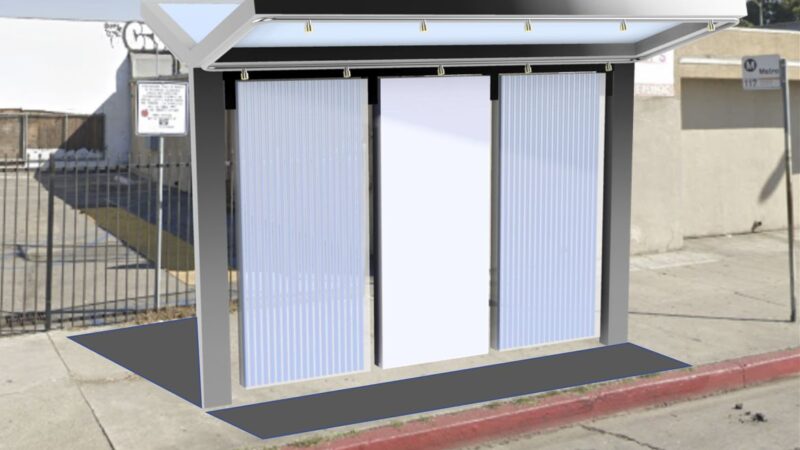
Kelly Turner, Ph.D.
Assistant Professor, Urban Planning and Geography; Co-Director, Luskin Center for Innovation, Urban Environment Research
Urban Planning
5369, Public Affairs
V. Kelly Turner’s research addresses the relationship between institutions, urban design, and the environment through two interrelated questions: (1) How does urban design relate to ecosystem services in cities? and (2) To what extent do social institutions have the capacity to deliver those services? Her approach draws from social-ecological systems frameworks to address urban planning and design problem domains. In recent work she has used this approach to investigate microclimate regulation through New Urbanist design, water and biodiversity management through Homeowners Associations, and stormwater management through green infrastructure interventions.
Her work on water resources has investigated the co-benefits of heat mitigation and water conservation through sustainable design. More recently she is investigating the role of policy, planning, and social norms in driving adoption of green versus grey stormwater control measures in Cleveland, OH, Denver, CO, and Los Angeles, CA and the cumulative effects on watershed hydrology through a collaborative study (NSF-CBET).
Dr. Turner’s training is highly interdisciplinary. She received a Ph.D. in geography from the School of Geographical Sciences and Urban Planning at Arizona State University, where she was an IGERT Fellow in urban ecology. Her work is funded by the National Science Foundation and the interdisciplinary National Socio-Environmental Synthesis Center. She recently chaired the Human Dimensions of Global Change specialty group of the American Association of Geographers. Dr. Turner deploys interdisciplinary pedagogy in the classroom and teaches courses in environmentalisms, urban sustainability, and urban ecology.

